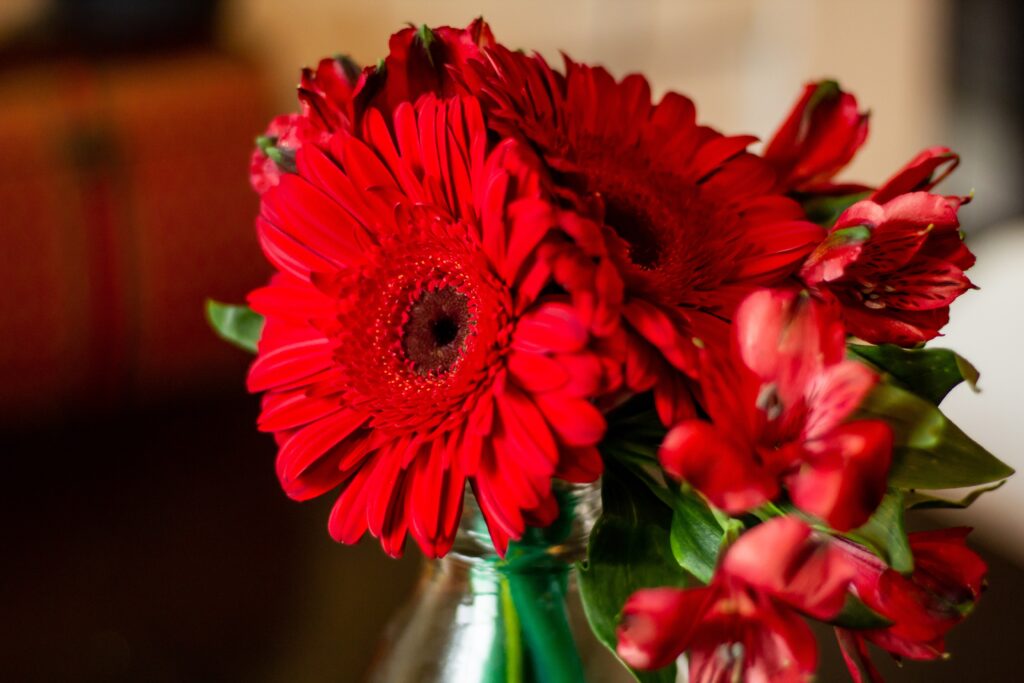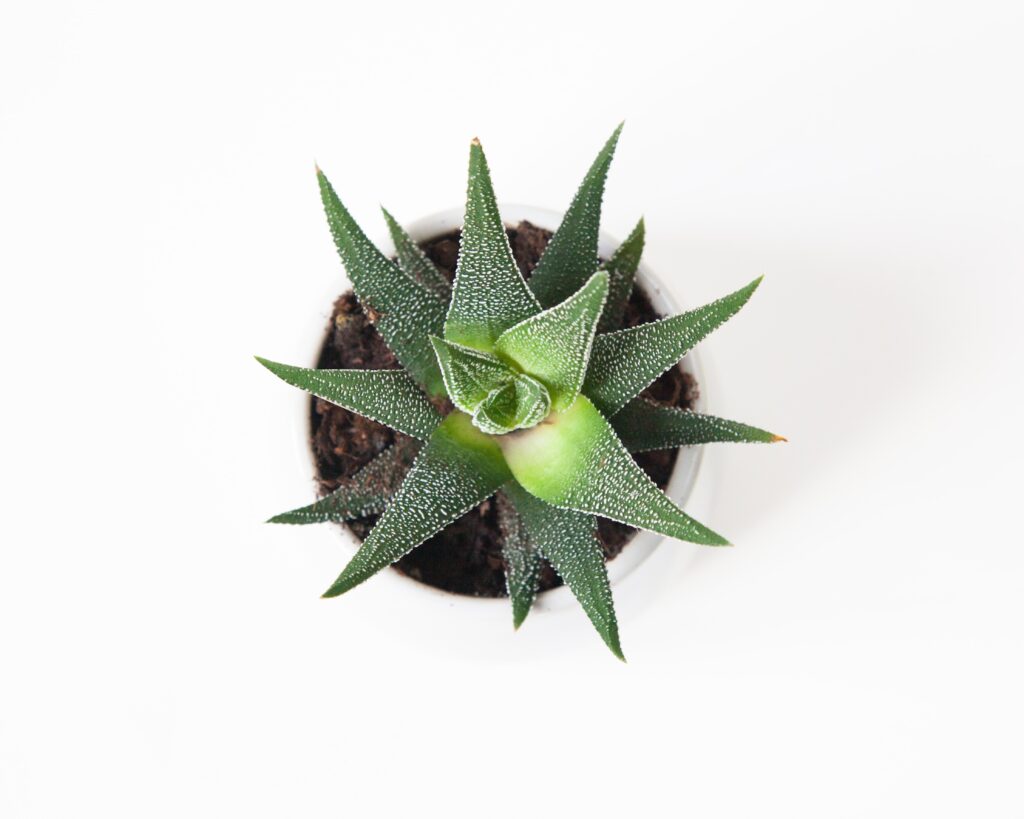There should be no compromise on the human right to breathe clean air. However, fresh air is a
luxury we rarely enjoy, especially in urban areas. The only sensible course of action now is to go
out and get an air purifier to purify the air in our home. However, air purifiers may be rather
costly. In such a case, what is there to do? It’s relatively simple! Go out and purchase some
plants! They not only provide a touch of style to your house, but they also purify the air. Here,
you’ll learn about six exceptional air purifying plants for your home!
Most of us spend a great deal of time inside at home or at the office (especially if the two are in
the same place). That’s why it’s so important that the air we breathe is healthy. Except for those
with asthma or other respiratory disorders, most have no idea if the air we’re inhaling at home is
healthy.
But think about this. Imagine you spent every waking moment indoors, never going outside. Or
imagine just floating around in space like an astronaut. Then you would prioritize having access
to pure air above anything else.
That’s why, in 1989, NASA set out to study pollution-reduction techniques for space stations.
Plants’ ability to do photosynthesis – in which they take in carbon dioxide and give out oxygen – was already well-established. Still, the researchers wanted to know if they could expand the
process.
They discovered that indoor plants could act as natural air filters, especially in tight spaces with
low ventilation. Plants are less effective in purifying the air than electronic devices, but they are
safer, cheaper, and more therapeutic.
As a bonus to cleaning the air, spider plants are also very low-maintenance and simple to grow.
If you don’t have a green thumb but still want an air purifying plant for your home, this is the one
for you. And they are a great plant to decorate your home with! They will surely add a pop of
color and an exotic vibe to any place!
Don’t worry if the leaf tips become brown since this is normal. This is harmless to the plant and
can occur if the water contains too much fluoride. However, be careful not to overwater!

One of the most well-liked houseplants is the areca palm because it is simple to maintain. The
plant’s leaves produce a soothing rhythm that may raise the vibrational frequency of any room.
Furthermore, if you have a larger space, they look great. And best of all – it eliminates pollutants
in the home’s air.
Areca palm will maintain a wholesome atmosphere in your house. This plant cannot only purify
the air but is also completely harmless to humans and the environment. It’s also a pet-friendly
plant, so if you have a furry friend at home, don’t worry.
They require relatively little attention other than a lot of water (every other day) in the heat of the
summer. Water less often during the winter.
Devil’s Ivy, often called Golden Pothos or the Money Plant is a popular houseplant in colder
climates and has naturalized in subtropical and tropical woods worldwide.
It’s one of the most fantastic air purifying plants for your home. Sometimes, it’s mislabeled as a
philodendron at nurseries. It helps neutralize toxins, including benzene (found in paints and
varnishes), xylene and trichloroethylene (found in solvents), and formaldehyde (found in carpets
and upholstery). The plant is so hard to kill by negligence that it was given the moniker “Devil’s
Ivy”.
The Gerbera Daisy is one of your home’s most visually appealing air purifying plants. You will
often see it as a decorative feature in gardens. On the other hand, it stands out even indoors due
to its capacity to remove dangerous pollutants like benzene and trichloroethylene from the air
while simultaneously producing large quantities of oxygen at night. Experts at
amplemoving.com have moved many of these plants during their time. They say people keep
them by their bedside for a better night’s rest. So, if you suffer from sleep apnea or another
breathing condition, try Gerbera Daisy!
During the summer, spring, and fall, the Gerbera Daisy thrives in direct sunshine, but it does well
with indirect light in the winter. The soil must be maintained consistently wet by regular
watering. The number of flower pots is entirely up to the gardener due to the ornamental
character of the bloom.

Aside from its attractive blossoms, this evergreen plant is valued for its capacity to clean the air.
Due to the need for special care, it is not a simple plant to cultivate at home. You will need a lot
of indirect sunlight for the successful growth of this natural air filter. This plant’s blossoms may
stay beautiful for weeks because they soak up the sun.
The fact that this plant thrives best in humid conditions is its biggest drawback. Below 50%
humidity, Flamingo Lilies may begin to wither and die. Keeping a humidifier on hand is the
simplest solution to this issue. The plant’s soil should be kept slightly damp at all times.
The addition of a plant like the Flamingo Lily will do nothing but enhance the room’s aesthetics
and air quality. It may purify your home’s air of harmful chemicals, including formaldehyde,
toluene, xylene, and ammonia.
Consider adding a therapeutic aloe plant if you have a sunny kitchen windowsill. This succulent
may be used for its aesthetic value as a houseplant and its practical utility as a first aid plant for
kitchen burns. They’re also great for decorating smaller apartments! Formaldehyde and benzene
are volatile organic compounds in paints, floor coatings, and cleaning products, and Aloe Vera
will eliminate that!
It’s best to put this plant in full light. It’s excellent for first-time plant parents because it doesn’t
need constant attention from you and is easy to maintain.

Many people enjoy having houseplants because of the life and color they provide to an indoor
space. However, some air purifying plants for your home are so efficient at cleaning the air that
they remove harmful toxins that might otherwise cause discomfort, allergies, and headaches. We
hope our guide helps you pick the perfect plant for your home.